Transylvania (2006) Online
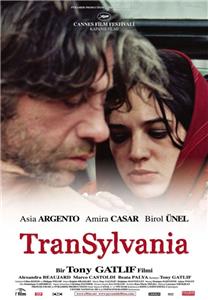
Zingarina, who is two-month pregnant, travels from France to Transylvania with her friend Marie to seek out her lover Milan Agustin that was deported from France. They hire the guide and interpreter Luminitsa to help them to find the musician Milan. When she finds him, she is rejected and Milan tells that he was not deported, but left her. Zingarina has a breakdown and leaves Marie on the road, wandering with a street boy. Soon she meets the traveling trader Tchangalo and she joins him in a road travel without destiny.
| Credited cast: | |||
| Asia Argento | - | Zingarina | |
| Amira Casar | - | Marie | |
| Birol Ünel | - | Tchangalo | |
| Alexandra Beaujard | - | Luminitsa | |
| Marco Castoldi | - | Milan Agustin | |
| Bea Palya | - | La chanteuse du cabaret (as Beata Palya) | |
| Rest of cast listed alphabetically: | |||
| Marina Boldizsac | - | La chanteuse ukrainenne | |
| Rares Budileanu | - | Le jeune musicien | |
| Nicolae Cristache | - | Le passeur | |
| Florin Estefan | - | Le chanteur d'opéra | |
| Gabor | - | Gabor, le paysan au traîneau | |
| Simion Lupu | - | Le chanteur d'opéra | |
| Cornel Reileanu | - | Le bedeau | |
| Mariana Rus | - | Vandana | |
| Anton Tauf | - | Le pope |
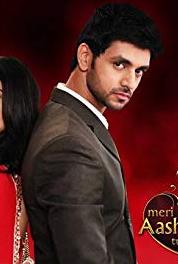
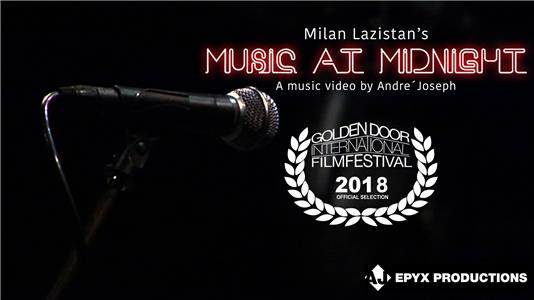
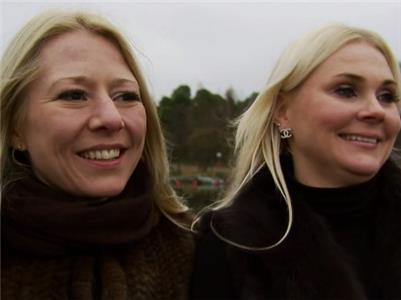
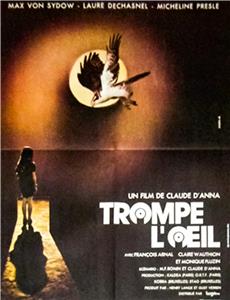
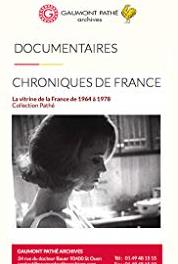
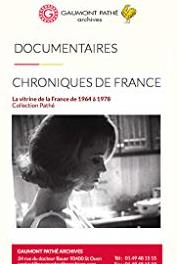


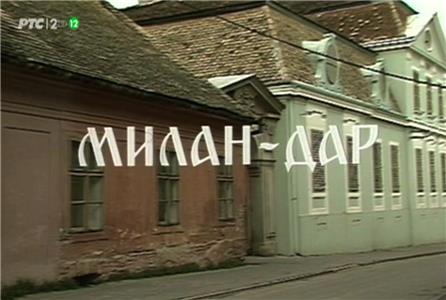

User reviews